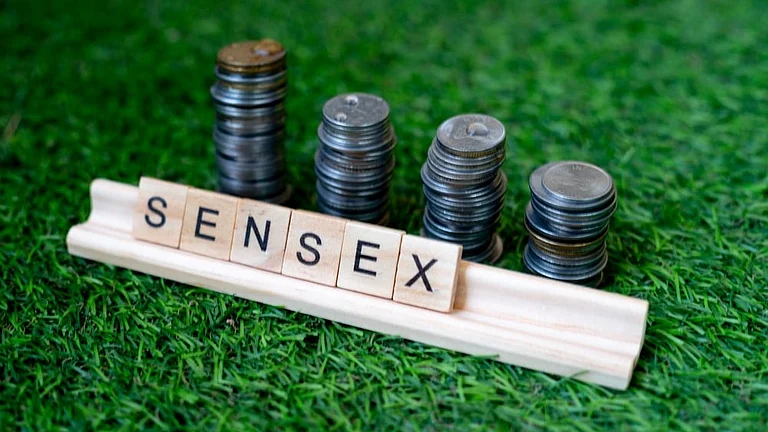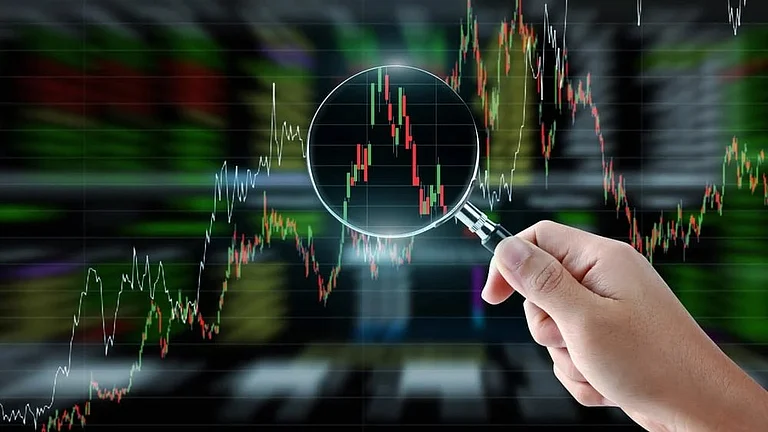The Indian stock market crashed on Tuesday as the government proposed to raise the tax on capital gains and on trading derivatives. The BSE Sensex plunged by over 1,000 points to fall below the 80,000 level, while the NSE Nifty 50 was trading at 24,300 around 500 points below its 52-week high of 24,854.80.
The Finance Minister proposed raising the long-term capital gains (LTCG) to 12.5 per cent from 10 per cent in the Budget 2024. However, the limit of exemption for capital gains will be increased to Rs 1.25 lakh from Rs 1 lakh earlier.
Short-term capital gains (STCG) tax on certain financial assets will be 20 per cent from 15 per cent earlier. Unlisted and non-financial assets will have to be held for at least two years to qualify for long-term capital gains.
However, the markets analysts were expecting the government to stay status quo on the LTCG rate.
Kirang Gandhi, personal financial mentor says increase in capital gains tax has caused some market instability as investors react to the higher taxes. “While the goal is to raise more revenue, these changes might discourage short-term trading and make long-term investments more attractive, potentially changing how the market behaves in the coming months," Gandhi added.
In a big blow to the Futures and Options (F&O) traders, Sitharaman announced raising the STT rate from 0.01 per cent to 0.02 per cent. So, equity and index traders will have to pay double the tax for their trade.
On Monday, the Economic Survey 2024 highlighted increase in retail investors and the rising trend of speculative trading in the stock markets. The annual document stated that trading holds the potential for outsized gains and, therefore, caters to humans’ gambling instincts.
The changes announced to LTCG tax and STT will be effective from today, Revenue Secretary was quoted as saying by CNBC TV 18.































